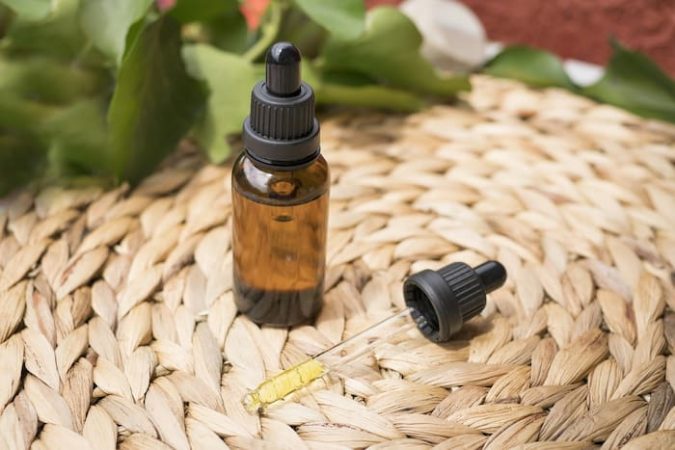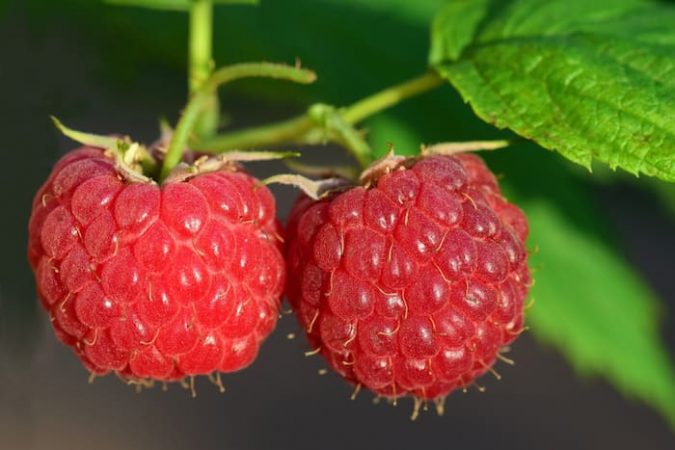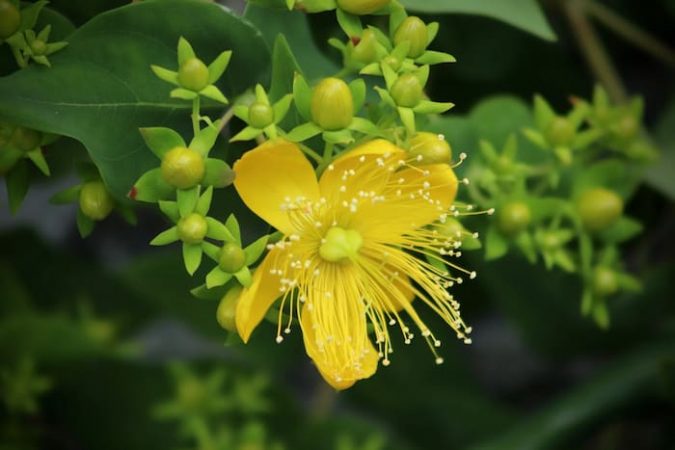Many women are so busy with their families and careers that finding time for themselves isn’t just challenging. Often, it seems impossible. If that sounds familiar, you probably don’t have the time to do in-depth research on all the latest health and wellness trends. You also don’t have time to feel ill, though.
Turning to natural, time-tested remedies for issues ranging from depression to cramps is tempting, but you should know what works and what doesn’t. Here’s how herbs contribute to women’s health and wellness.
CBD

Cannabidiol Oil, or CBD for short, has been marketed as a treatment not just for women’s health concerns but for most issues. More research is needed to prove that it’s effective, but anecdotal evidence suggests that CBD may improve libido and decrease unpleasant symptoms associated with menstruation.
CBD is new on the health and wellness scene, and you might be unfamiliar with how it’s produced and processed. If you have questions, you can learn more about how is cbd extraction work.
Red Raspberry Leaf

Some people refer to red raspberry leaf as “the woman’s herb.” It’s a well-earned nickname. Usually consumed as a tea, red raspberry leaves may help alleviate uncomfortable PMS symptoms. Their use goes far beyond that, though.
This herb is high in iron, helping prevent anemia in women with heavy periods or diets low in meat. It also contains a compound called fragarine, which may reduce complications with childbirth, including excessive bleeding. Red raspberry leaves might also reduce the amount of time you spend in labor.
While generally safe to use, you should always consult your doctor before drinking red raspberry leaf tea or taking it in pill form. Pregnant women should be especially cautious.
St. John’s Wort

St. John’s wort has a long history of medicinal use dating back to the ancient Greeks. Earlier, it has served as a treatment for insomnia, depression, and lung and kidney issues. Now, however, it’s mostly recommended for depression. Studies show that it is as effective as prescription antidepressants for treating mild to moderate depression for 12 weeks or less.
The critical thing to know about St. John’s wort is that it interacts with a lot of different medications. Most notably for many women, that includes birth control. Combination and progestin-only hormonal birth controls are less effective when you’re also taking St. John’s wort.
Final Thoughts
Herbal remedies have been in use for a long time. While scientific studies are only just beginning to explore all of the benefits they might offer, anecdotal evidence supports their use to treat many of the issues women face. If you’re looking for an organic way to feel healthier, herbal remedies might be for you.










Leave a Reply